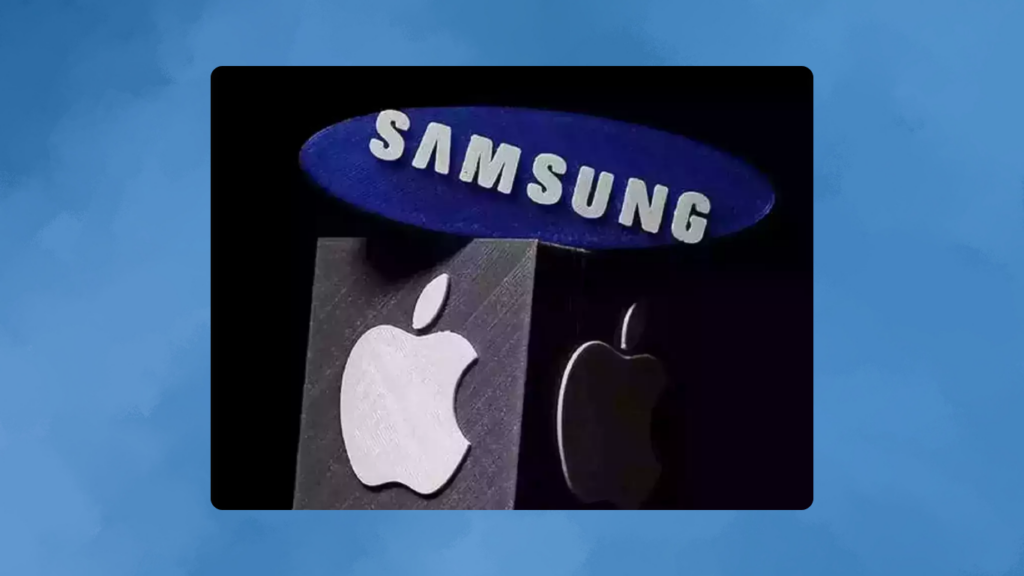In a significant blow to its business practices, Google has lost a landmark antitrust case against the US Department of Justice (DOJ). A federal judge has determined that Google violated antitrust laws by paying billions of dollars to companies like Apple and Samsung for exclusive search deals, securing its dominance in the internet search and advertising markets.

Judge Rules Google Violated Antitrust Laws
Federal Judge Amit Mehta ruled that Google broke US antitrust laws through exclusive agreements with Apple and Samsung. By paying these companies billions, Google ensured its search engine remained the default on their devices. Given that Apple and Samsung collectively sell over 400 million smartphones annually, these deals helped Google maintain a monopoly in search and online advertising.
Key Details from the Trial

During the trial, it emerged that Google paid Apple as much as $26 billion in 2021 to be the default search engine in the Safari web browser. This amount was expected to increase over the years. Judge Mehta’s decision now prohibits Google from making such exclusive deals. While companies can still choose Google as their default search engine, Google is barred from paying to secure this position.
Potential Consequences for Google
This ruling signifies a major shift in how Google conducts its business. The DOJ did not seek penalties in this case, leaving future consequences uncertain. Google may need to make significant changes to its operations, possibly separating its search engine from its advertising business. The court could also impose hefty fines, potentially in the billions of dollars.
Google’s Next Steps
Google has announced plans to appeal the ruling, gearing up for a lengthy legal battle. The company maintains that its practices are competitive and beneficial to consumers. However, this ruling highlights the increasing scrutiny on big tech companies and their market behaviors, potentially leading to more antitrust actions worldwide.
Impact on the Tech Industry
This decision could have wide-reaching effects on the tech industry, particularly for companies using exclusive deals to maintain market power. It might inspire regulators in other countries to pursue similar actions, fostering a more competitive environment in tech. The case underscores the vital role of antitrust laws in ensuring fair competition and consumer choice in the digital age.
As Google navigates this ruling, the tech world will be watching closely to see how the company adapts and what broader impacts this case will have on industry practices and regulations.

Subtly charming pop culture geek. Amateur analyst. Freelance tv buff. Coffee lover
